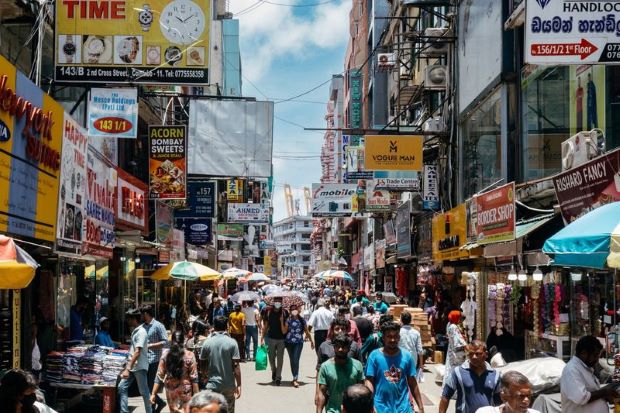Sri Lanka’s fiscal adjustment among sharpest in the world, says World Bank

COLOMBO – Sri Lanka has carried out one of the largest and fastest fiscal adjustments in its history, helping to stabilize an economy once on the brink of collapse, according to a new World Bank report released on Tuesday (9).
The review, titled ‘Sri Lanka Public Finance Review: Towards a Balanced Fiscal Adjustment’, notes that the country undertook fiscal reforms equal to nearly 8% of GDP over three years, placing it among the sharpest adjustments worldwide when compared with more than 330 similar efforts in 123 countries since 1980.
The report says the reforms have restored a measure of stability but also placed significant pressure on households through higher indirect taxes, declining real public-sector wages, and slower growth caused by reduced public investment.
“With stability achieved, the focus now must be on making public finances work better for all Sri Lankans,” the review said.
The World Bank estimates Sri Lanka could raise revenues by up to 2% of GDP by 2029 without harming growth or equity. To do so, it recommends shifting the tax burden more toward direct taxes, such as a minimum corporate income tax, and digitizing tax administration to make the system easier and more transparent.
On the spending side, the report emphasizes efficiency over austerity. “It is not feasible to significantly cut or increase overall spending,” the review noted, stressing that better targeting and management of public funds could yield improved outcomes within existing budget limits.
Among its proposals are:
– Improving public sector wage management by protecting essential frontline services, simplifying pay structures, and modernizing systems through which public sector workers are paid.
-Reprioritizing capital investments to close infrastructure gaps, completing ongoing projects faster, and strengthening project selection, management and maintenance.
-Enhancing social protection by better targeting assistance, expanding the social registry, and moving from universal subsidies to more focused support for those who need it most.
“Now that Sri Lanka has largely stabilized its economy, the challenge is to get better results from every rupee collected and spent,” said David Sislen, World Bank Division Director for Maldives, Nepal and Sri Lanka, adding, “This means modernizing tax administration, focusing on direct taxes, and making sure public spending is both efficient and fair—especially for the most vulnerable.”
The review also calls for stronger links between planning and budgeting, greater accountability in public finance, and a sharper focus on measurable performance outcomes. These steps, it argues, would help deliver better public services, support inclusive growth, and protect Sri Lanka’s poorest communities.
The Public Finance Review (PFR) is a core World Bank diagnostic conducted every five years in member countries. It provides a comprehensive assessment of fiscal policy, revenues, and spending. The latest Sri Lanka PFR was prepared in close collaboration with the Ministry of Finance and supported by targeted technical assistance in priority areas.
-ENCL


Comments are closed, but trackbacks and pingbacks are open.